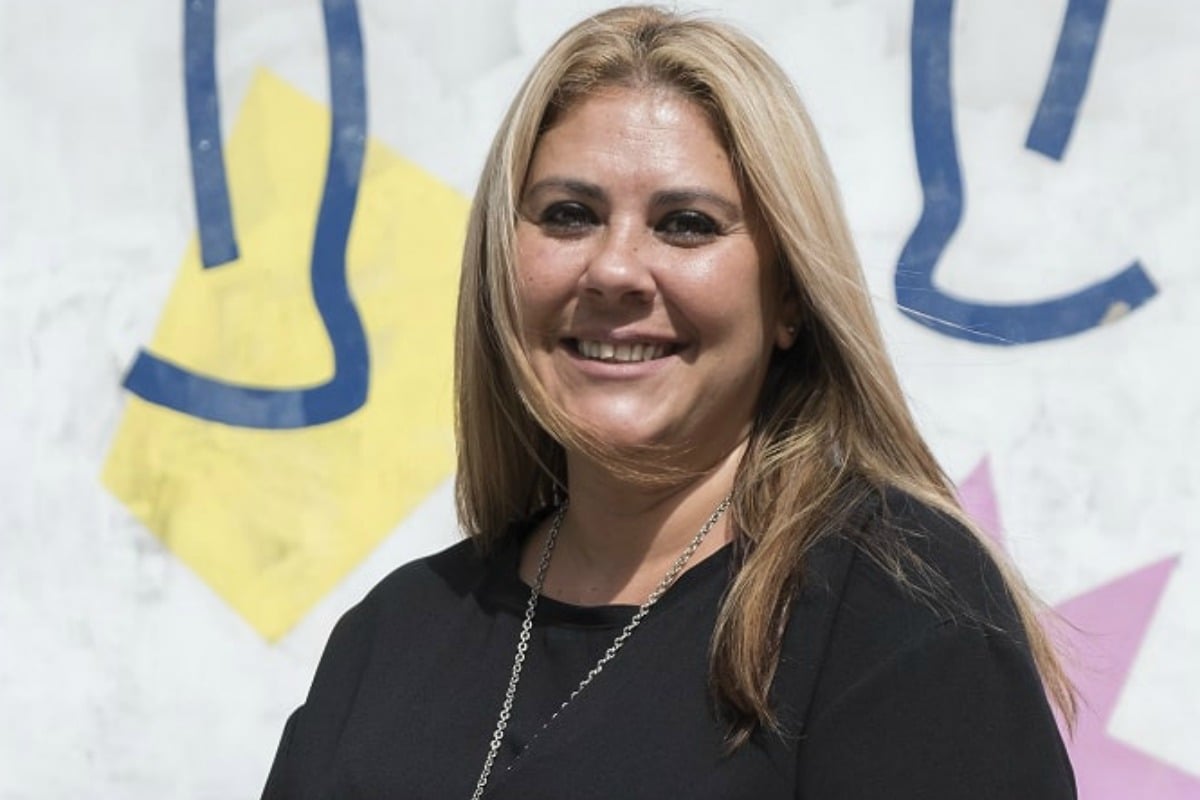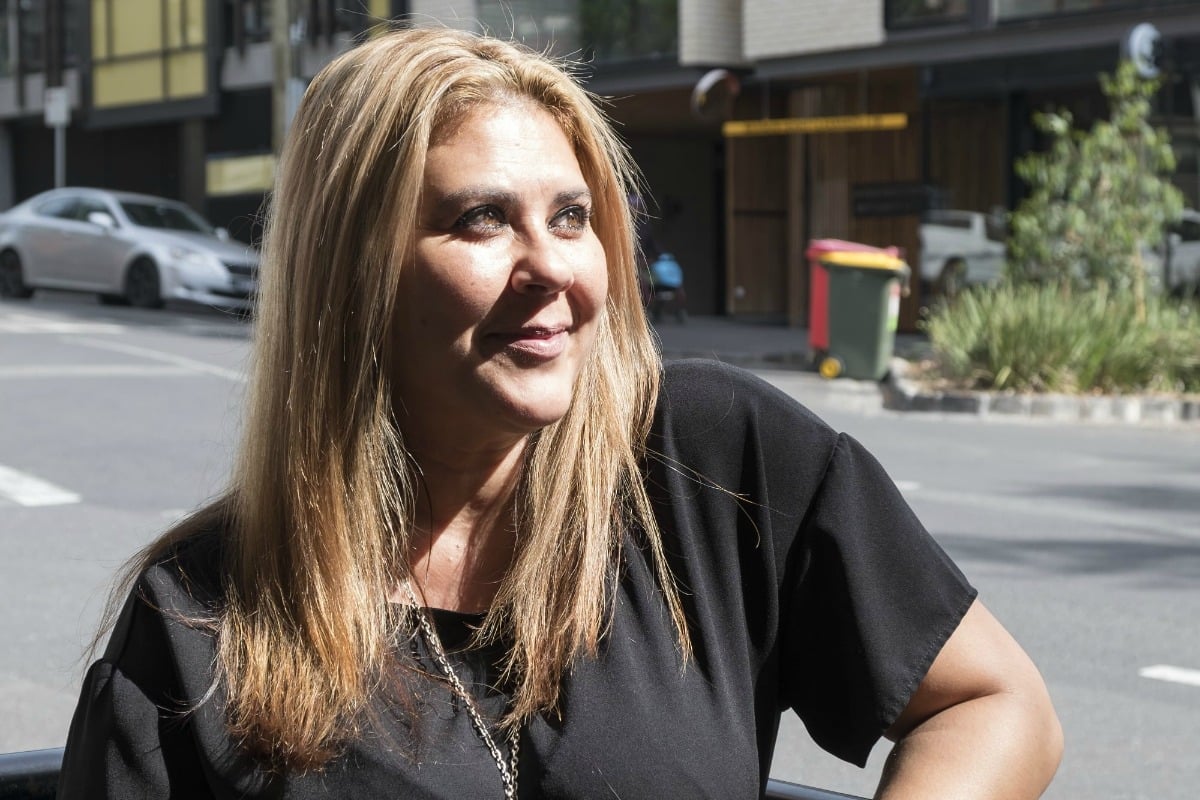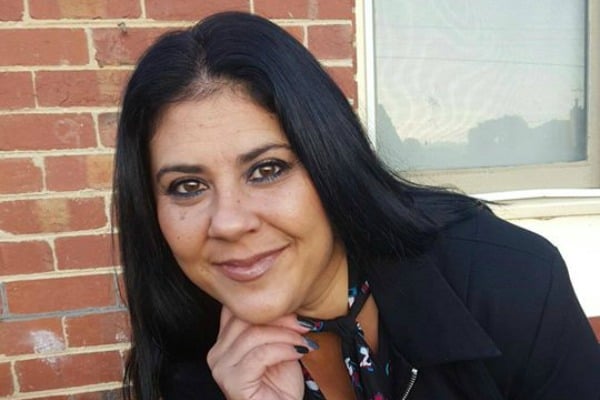
When Vicky Vacondios enters her classroom each day, she’s ecstatic.
It’s her happy place, where she can pass on her vast knowledge to students studying a Diploma of Community Services at the Institute of Tertiary & Higher Education Australia (ITHEA).
Vicky’s style of teaching is a bit different to others. She can take learnings from textbooks and relate it to the real life experiences of homeless people, because for years, Vicky was homeless.
Vicky on her homelessness experience, and why she’s signed on to smash stereotypes. Post continues below video.
It’s a part of her life that inevitably shocks those she comes across.
“When I share my story when I’m speaking to somebody, even my students for the first time, when I speak about where my knowledge comes from – not just from studying the diploma but having the lived experience – the shock on their face is priceless,” she tells Mamamia.
***
Vicky, 45, grew up in a traditional, strict, but loving home.



Top Comments
I just used my extra $1000 dollars tax refund to pay my friends partners social housing debt so they can finally be a priority for housing after 12 months homeless. They have children and I worry for them m.
The homeless was due to a combination of factors- rental crisis, poor choices, substance abuse, poor mental health. The Salvation Army have been very helpful to them getting debts under control, drivers licences back, help navigating the housing situation. They have a difficult job as changing people’s mind sets is so difficult.